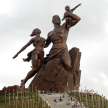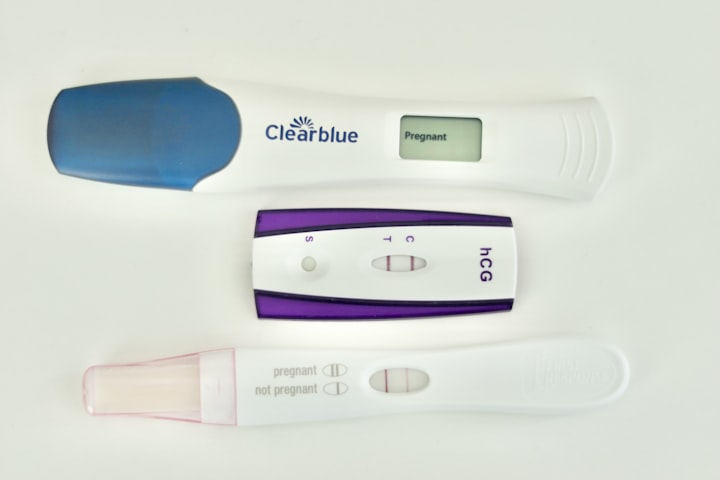Israel and Palestine
The geopolitics establishing a state

The Land of Israel, also known as the Holy Land or Palestine, is the birthplace of Judaism and Christianity and contains Sites sacred to Judaism, Samaritanism, Christianity, Islam, Druze and the Baháʼí Faith. Seperate from the religously charged conflict that has plauged the region for thousands of years, the nation serves as a focal point in the region because of its strategic location as a pathway connecting the Mediterranean Sea to the gulf of Aqaba, a lesser body leading to the Red Sea.
With May of 2021 seeing renewed violence between Israel and Palestinians, To gain some context first, it is essential to look at the recent history of the Israel-Palestine conflict. Only then can we draw any conclusions.
At the close of World War I, the Holy Land was under the control of a joint commision of nations, primarily led by the Brittish. Under the Covenant of the League of Nations‘ Article 22 - which allowed colonial powers to impose spheres of influence and administrative control over foreign territories - the Brittish enacted the Mandate for Palestine in April of 1920. From there the British controlled Palestine for almost three decades, overseeing a succession of protests, riots and revolts between the Jewish and Palestinian Arab communities. During the Mandate, the area saw the rise of two nationalist movements: the Jews and the Palestinian Arabs.
In 1936 the Peel Commission was created to determine the cause of unrest that had at that time escalated to a general strike organized in part by the Arab National Convention. On 7 July 1937, the commission published a report that stated that the League of Nations Mandate had become unworkable. The made a recommendation of Partition. A later council was formed and eventually concluded that any attempt to create seperate states was unlikely to be successful.
It is important not to forget that elsewhere during the years leading up to World War II, fascist regimes were emerging across Europe and persecution of Jews increased causing many to flee becoming refugees. During this time Jewish immigration, to what was known at that time as Mandatory Palestine (under Brittish mandate), increased rapidly. With millions of Jews trying to leave Europe and every country in the world closed to Jewish migration, the British decided to close Palestine.
It was in the White Paper of 1939 where it was first recommended that an independent Palestine, governed jointly by Arabs and Jews, be established within 10 years. Both the Arab and Jewish leadership rejected the White Paper and in March of 1940 the British High Commissioner for Palestine issued an edict banning Jews from purchasing land in 95% of Palestine. Without a home or a place to run, few Jewish people were able to escape Europe.
It wasn’t until April of 1947 when the United Kingdom requested that the question of Palestine be handled by the United Nations General Assembly, that the issue was addressed again. The UN created a committiee, the United Nations Special Committee on Palestine (UNSCOP), to report on "the question of Palestine”. Neither Britain nor the UN Security Council took any action to implement the recommendation made by the resolution and Britain continued detaining Jews attempting to enter Palestine. In May 1948 the British withdrawal was finally completed.
In the aftermath of The United Nations partition plan, Civil War broke out between the two factions. On 14 May 1948, on the day the last British forces left from Haifa, the Jewish People's Council gathered at the Tel Aviv Museum and proclaimed the establishment of a Jewish state in Eretz Israel, to be known as the State of Israel.
This brings us to the modern era and the established state of Israel.
About the Creator
Atlas the Kid
Mad4tlas.bandcamp.com
Musician - Recording Artist -
Digital Artist - Writer - Political Organizer
🎶Now Streaming Everywhere 🎵
💿 Rain 11/19/21🔊
💿 NoFearEP 2/19/21🔊
💿 Pete 4/30/21🔊






Comments
There are no comments for this story
Be the first to respond and start the conversation.